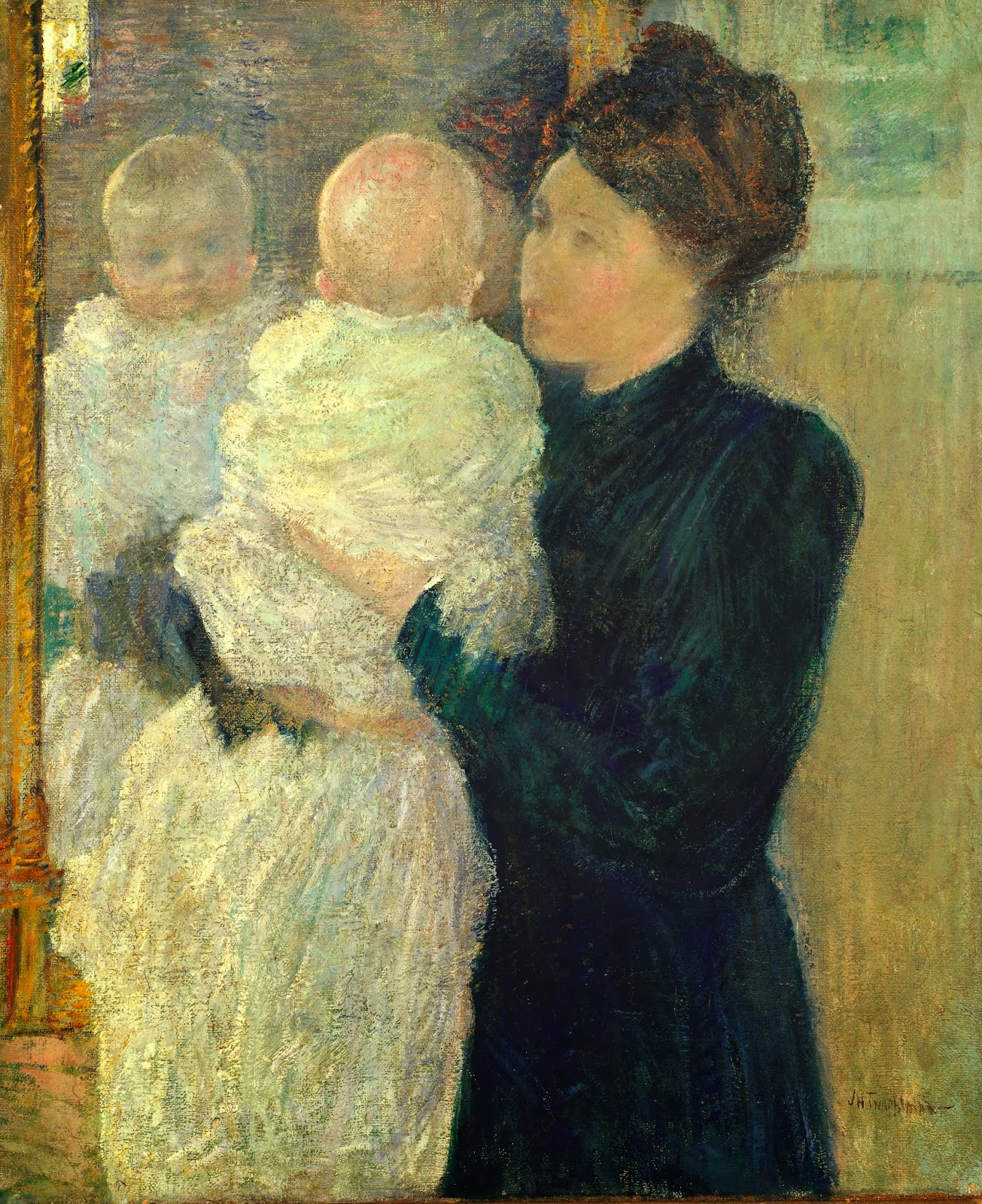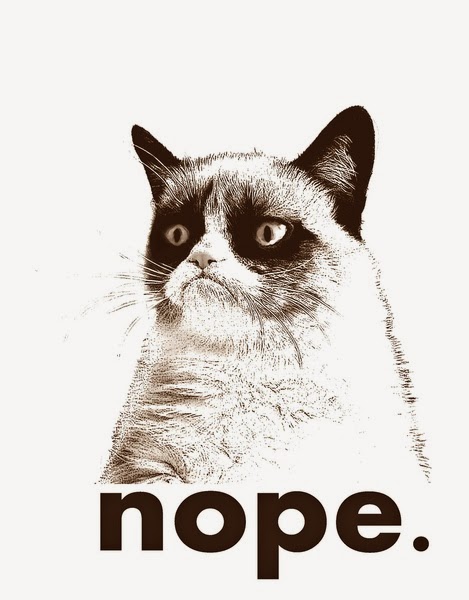Cooperative Infant Care and Human Evolution

No mother does it alone. Well, no human mother. An important difference between humans and other apes is that women simply can not raise their young without help. As infants, we have to grow bigger brains and yet our mothers wean us at younger ages . Fossils of early human ancestors show that relative brain size was beginning to get larger by about 1.8 million years ago, suggesting that the at this point mothers likely needed help. Who was helping? "Mother and Child" by John Henry Twatchman, 1893 In the 1960s, many scholars proposed “Man the Hunter.” Males, by providing nutrient rich meat to their mates, were the obvious critical factor in shaping human evolution (Lee and DeVore 1969). The assumed importance of the human male-female bond for infant rearing and lifetime reproductive success inspired decades of social and evolutionary psychology research on human mating behavior. Picking mates, attracting mates, and guarding mates was of paramount importance for humans b
